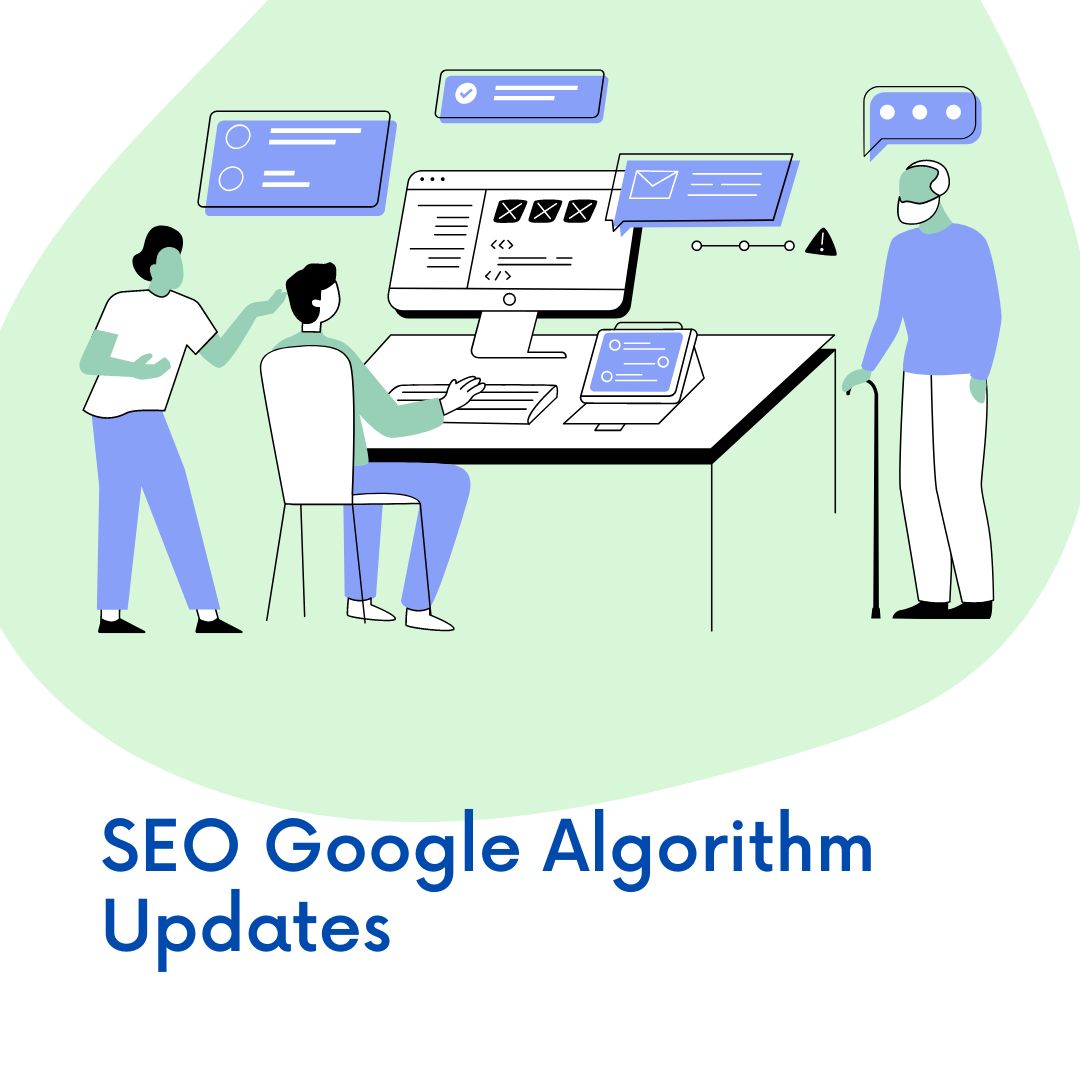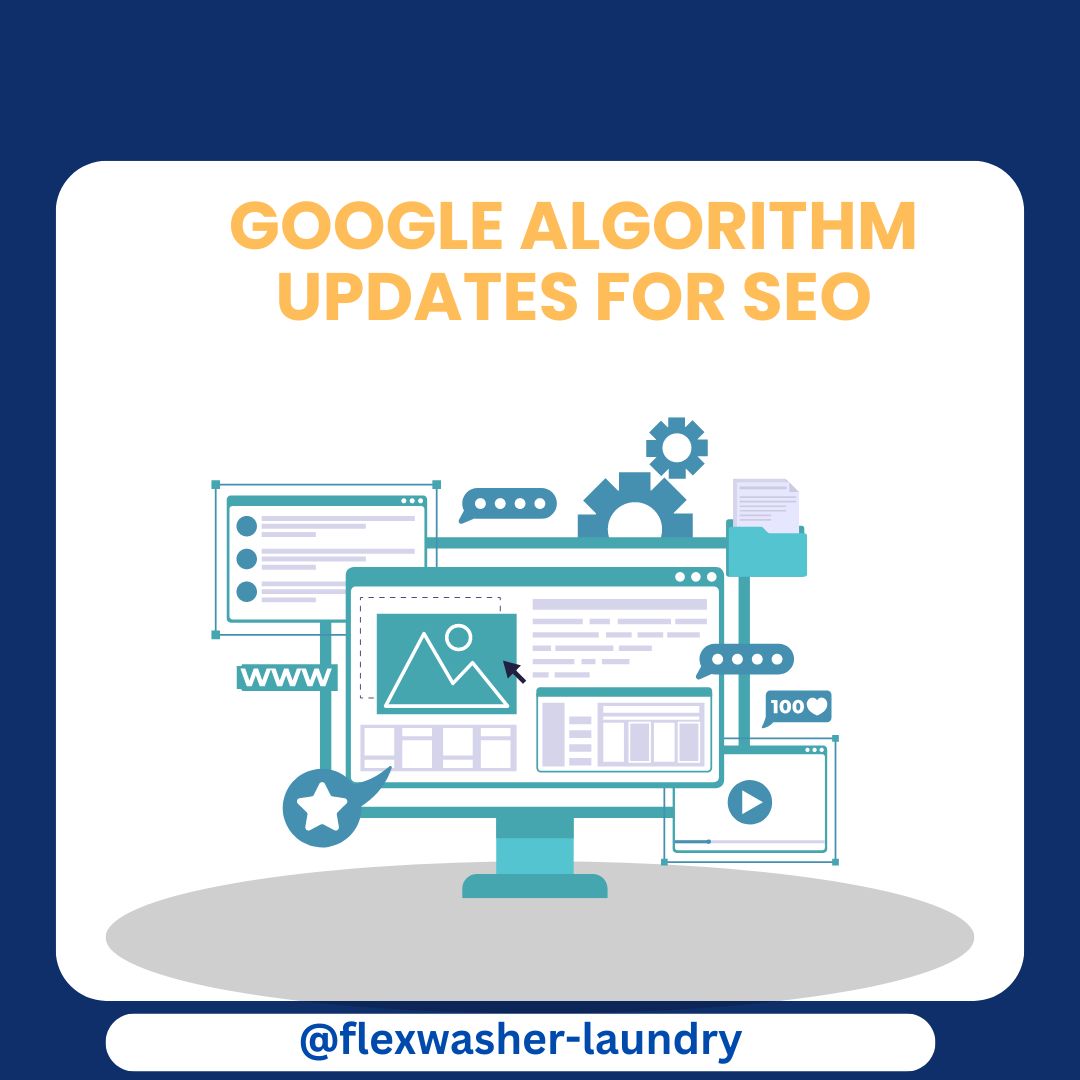When it comes to search engine optimization (SEO), staying ahead of Google’s ever-evolving algorithms is crucial for online success.
One of the lesser-known but highly impactful updates is the Google Fred algorithm, which sent shockwaves through the SEO community when it was first rolled out.
In this article, we’ll explore what the Google Fred algorithm is, why it matters, and how it can significantly affect your SEO strategy.
What Is the Google Fred Algorithm?
Google Fred is an algorithm update that targets low-quality websites.
First released in March 2017, this update aimed to penalize websites that were packed with ads, thin content, or purely focused on revenue generation without providing value to users.
Although it wasn’t officially named by Google, the term “Fred” was coined by Google’s own Gary Illyes, and the name stuck.
Google Fred’s primary objective is to improve user experience by pushing down websites that prioritize monetization over meaningful content.
Websites hit by Fred saw significant drops in rankings, especially those relying on affiliate links, heavy ad placements, or using SEO techniques that offered little value to visitors.
A Look Back: The History of Google Fred
To fully understand Fred’s impact, it’s essential to look at its history and evolution over time.
Before Fred, Google had already rolled out other notable updates like Penguin and Panda, which also targeted low-quality content and manipulative SEO tactics.
However, what set Fred apart was its specific focus on content that seemed purely focused on ad revenue rather than enhancing user experience.
Fred’s release in March 2017 was not immediately confirmed by Google, but many website owners noticed sudden drops in traffic.
SEO experts were left scrambling to figure out what caused the changes.
Upon investigation, it became clear that the common denominator among affected sites was low-quality content intertwined with aggressive monetization strategies, particularly affiliate marketing and advertisements.
Google later confirmed that Fred was designed to reward websites that offered useful, engaging, and relevant content while demoting those that prioritized profits over user value.

How Does Google Fred Affect Your Website?
If you’re wondering how Fred might affect your site, it’s essential to understand the core impact it has had on SEO strategies over the years.
1. Thin Content and Poor User Experience
Websites with thin content that doesn’t provide much value to users are at risk of getting penalized by Google Fred.
This includes articles filled with keywords but lacking depth, spun content, or content stuffed with affiliate links and ads.
To avoid this, ensure your content is informative, well-researched, and offers genuine solutions to users’ queries.
2. Aggressive Monetization Practices
One of Fred’s main targets is aggressive monetization tactics, such as overwhelming ad placements, pop-ups, or affiliate links that detract from the user experience.
Fred’s impact is often most visible on sites that rely heavily on advertising revenue, which can frustrate users and reduce the quality of the content.
3. Slow Loading Times and Poor Performance
While Fred primarily focuses on content quality and monetization, website performance also plays a crucial role.
Sites with slow loading times, high Largest Contentful Paint (LCP) scores, and poor Above-The-Fold content visibility could see their rankings decline.
Google values fast, seamless user experiences, so optimizing your site’s loading speed is essential.
Focus on improving LCP and above-the-fold elements to ensure users get immediate access to critical information.
4. Over-Optimization and Black Hat SEO Techniques
Google Fred is also known to penalize websites that employ over-optimization techniques, such as keyword stuffing, low-quality backlinks, or other black-hat SEO practices.
Instead of trying to game the system, aim for natural optimization by focusing on high-quality content and relevant links that enhance the user experience.
Recovering from a Google Fred Penalty
If your website has been hit by Google Fred, the good news is that recovery is possible.
It takes time and effort, but by adhering to Google’s guidelines, you can regain lost rankings.
1. Conduct a Full Website Audit
The first step in recovery is to perform a thorough audit of your website.
Identify thin content, pages stuffed with ads, or any over-optimization issues.
Tools like Google Search Console or Ahrefs can help pinpoint problem areas.
2. Remove or Revise Low-Quality Pages
If your site has a significant number of low-quality pages, it’s time to take action.
Revise or remove content that adds little value to users.
Ensure that each page offers unique insights, valuable information, and a clear purpose.
3. Focus on User-Centric Content
Google Fred prioritizes websites that focus on providing value.
Create content that addresses users’ pain points, solves problems, and is easy to understand.
Avoid fluff and write with clarity and depth.
4. Limit the Number of Ads and Affiliate Links
If your website is cluttered with ads and affiliate links, reduce their number.
Make sure ads don’t overwhelm the user experience, and only place affiliate links when they are truly relevant to your content.
5. Improve Your Site’s Performance
Check your site’s loading speed using tools like Google PageSpeed Insights or GTmetrix.
Slow loading times can hurt your SEO ranking strategies so focus on optimizing your website’s speed by compressing images, using lazy loading, and minifying CSS and JavaScript files.
Why Google Fred Matters in 2024 and Beyond
Even though Fred was introduced in 2017, its core principles continue to shape Google’s algorithm updates.
With Google’s increased focus on user experience, ensuring that your website provides valuable content and positive interactions is more critical than ever.
The internet is more competitive now, and search engines like Google aim to provide users with only the best content.
In 2024, SEO strategies must prioritize quality over quantity. Websites can no longer rely on outdated tactics like keyword stuffing or excessive advertising.
The modern web is all about providing real value, and Google Fred serves as a reminder that user satisfaction should always come first.
Key Takeaways for Adapting to Google Fred
Here are some actionable steps you can take to ensure your site stays in line with Fred’s guidelines:
- Focus on high-quality, in-depth content that provides value.
- Avoid excessive ad placement or affiliate links that compromise user experience.
- Prioritize website loading speed and optimize LCP and above-the-fold content.
- Conduct regular audits to identify and fix any potential SEO issues.
- Always stay up-to-date with the latest Google algorithm changes.
By following these guidelines, you’ll be able to keep your website thriving in the ever-changing world of SEO.

What Is Your Laundry Business Losing Without Proper SEO?
Imagine this: your competitors are showing up everywhere your potential customers look—on Google search results, in ads, and even on local maps.
They’re dominating, effortlessly attracting the clients you’ve worked so hard to serve. Meanwhile, your website, your services, your passion… lost somewhere in the depths of the internet.
You’re invisible. Not because your service isn’t top-notch, but because Google doesn’t see you. And if Google doesn’t see you, neither will your customers.
Every Missed Click is a Lost Customer.
When potential clients search for “laundry services near me” or “best dry cleaners,” do you show up? Or is it your competitors?
If you’re not ranking where your customers are looking, then you’re losing business every single day—without even realizing it.
What’s worse? Google’s algorithm is always changing. Updates like the Google Fred algorithm specifically target websites like yours.
Unoptimized pages, outdated content, or slow-loading websites get pushed to the back—out of sight and out of mind for your potential customers.
Every day your website isn’t optimized means:
- Customers choosing your competitors simply because they can find them online.
- Revenue slipping away because you’re not the first laundry service they see.
- All the hard work, your reputation, your quality service—gone unnoticed.
What Would It Feel Like to Stop Losing?
What if your website showed up on the first page of Google? What if, instead of watching your competitors thrive, you were the one dominating the search results?
Your business could be at the top of search results, consistently bringing in new clients—if only your website was optimized to handle Google’s complex algorithm updates.
Without Google Fred penalty recovery, your site will remain in the shadows. If you don’t address loading speed, improve your content, and optimize for Google’s algorithms, you’re letting opportunity slip through your fingers. The clients you’re losing to slow, unoptimized content will never return.
You’re Not Just Losing Traffic… You’re Losing Trust.
For every client that leaves your website because it doesn’t load fast enough, or doesn’t provide relevant information, you’re not just losing their business.
You’re losing the chance to earn their trust. And once you’ve lost that trust, it’s incredibly hard to get it back.
But It Doesn’t Have to Be This Way.
I’ve worked for over 10 years, optimizing websites and recovering from penalties like Google Fred.
After writing over 300 articles and driving countless websites back to top search rankings, I know what it takes to make sure your business gets the visibility it deserves.
You don’t need to understand every single technical detail of SEO—that’s my job. All you need to know is what you’re missing every day your website isn’t optimized.
The answer is simple: you’re losing target customers, revenue, and reputation.
Don’t Wait Until It’s Too Late.
The longer your website goes unnoticed by Google, the more business you’ll lose.
Every day matters, and right now is the best time to ensure your business is seen.
If you’re ready to stop losing clients to your competitors, let’s fix it today.
Reach out now:
Email: [email protected]
WhatsApp: Click here
Let’s make sure your SEO strategies for laundry business gets the recognition it deserves—because every moment without SEO is another customer you’ll never get back.
Conclusion
The Google Fred Algorithm may have been introduced in 2017, but its relevance continues to influence how websites perform in search results.
By focusing on user experience, creating valuable content, and avoiding aggressive monetization tactics, you can protect your website from Fred’s penalties and ensure long-term success in the world of SEO.
Don’t underestimate the impact of Fred on your SEO strategy for laundry website —to start making user-centric changes today to stay ahead of the competition.
Promote Your Laundry Business Online with Proven Online Marketing Strategies!
Unlock the Secrets of Google Ranking Optimization Strategies , Fast-Track Your Laundry Business Success with Mastermind Mr. Ram
Related Articles
Which AI Tools Are Used by Top SEO Agencies in the AI Transformation Era?
AI isn’t just disrupting SEO — it’s rebuilding it from the ground up. The world’s top SEO agencies are no longer relying on manual spreadsheets or...
Hire LLM Optimized SEO Service & Rank Faster | Get Yours
Every single day you postpone, your competitors are capturing market share in a new arena: AI Answer Engines. The digital landscape has fundamentally...
LLM Retrievable Content Creation Services: Future-Proof Your SEO with AI Agent-Ready Content
As search evolves beyond simple keyword matching, traditional SEO strategies are becoming obsolete. LLM retrievable content creation services are...
AI Powered SEO Services: Transform Your Digital Visibility and Rank Smarter
In today's fast-paced digital landscape, businesses struggle with traditional SEO methods that often fall short in efficiency and...
AI Powered Marketing for Laundry, Dry cleaners Services Business with Smart AI Automation
Why Read This? AI Marketing Is Changing Laundry Businesses Are you a laundry or dry cleaning business owner looking to grow faster in today’s AI era?...
AI-Driven SEO Services: A Game Changer for Laundry & Dry Cleaning Businesses
AI-Driven SEO Services: How Laundry & Dry Cleaning Businesses Win Online Imagine a customer urgently needing their clothes cleaned. They pull out...
